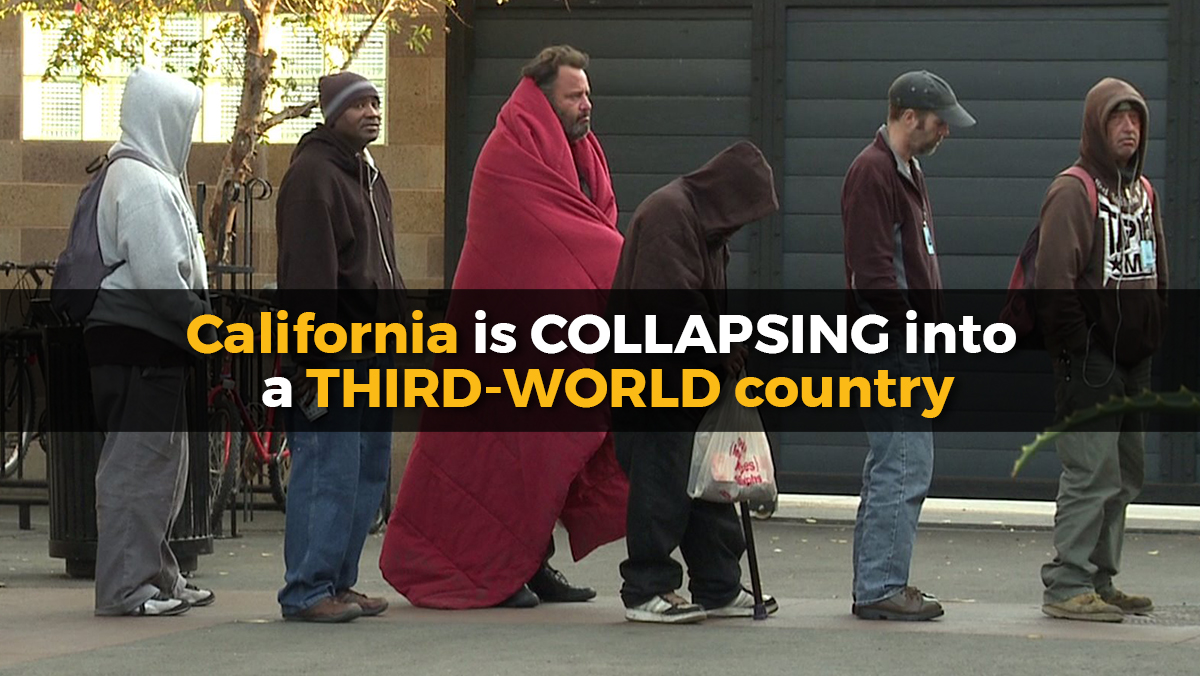
Under the governorship of Gavin Newsom, the state of California is planning to use federal "covid relief" funds to help state residents back pay the rent they owe due to Wuhan coronavirus (Covid-19) lockdowns and business closures.
With the eviction moratorium soon coming to an end, Newsom will be awarding renters who are struggling with money to pay missed rent along with electricity and water bills.
Unlike many other states, California currently has a budget surplus of $75.7 billion. This is separate from the $26.6 billion the Golden State received from the federal government to help struggling residents pay their bills.
"California is planning rent forgiveness on a scale never seen before in the United States," Newsom wrote in a tweet.
Though the plan is not officially set in stone yet and still has to finish working its way through the state legislature, the expectation is that it will soon pass and start churning out cash to the tune of $5.2 billion as part of a much larger $100 billion pandemic recovery package.
"The new program will forgive 100% of unpaid rent incurred by low-income Californians during the pandemic," reports Deseret. "The program will help landlords break even while giving renters a clean slate."
Tenants will qualify for the program if they make no more than 80 percent of the median income in their area and are able to show that they suffered some kind of pandemic-related financial difficulty.
"A $5.2 billion program in final negotiations at the State Legislature would pay 100 percent of unpaid rent that lower-income Californians incurred during the pandemic and would be financed entirely by federal money," reported The New York Times.
"The state is also proposing to set aside $2 billion to pay for unpaid water and electricity bills."
California to return $12 billion in budget surplus back to residents
In addition to helping tenants and landlords get back on track, California is also planning to give back some of its budget surplus to state residents in the form of stimulus checks.
Roughly two-thirds of the state's middle-class population is expected to receive a series of $600 checks, though the actual number is unclear. State legislators are also planning to extend the moratorium on evictions past its current expiration date of June 30.
Interestingly, some areas of California have been unable to distribute available funds for rent relief as residents are simply not applying for it. Some of them may not even know it is available, while others may have found relief funding from other sources.
The San Diego Union-Tribune paper reported that the state's bureaucracy has also been slow to process applications, in some cases adding cumbersome rules that make it difficult for people to get what they need.
"One theory among local economists is that public officials overshot the need for rental assistance," the paper reported. "With several rounds of pandemic-related stimulus money, renters may have found a way to pay rent despite job uncertainty."
Other states such as Idaho and Utah also had unexpected budget surpluses this year due to receiving federal Chinese Virus aid, and they, too, passed similar rent relief bills to help struggling renters. It does not appear, however, that any of that extra cash in those states was returned back to the taxpayers through stimulus checks.
"California has decided to use the surprise cash to aid in pandemic recovery, such as the rent forgiveness program," reported Deseret.
According to the latest figures, the median home value in California is currently $700,000. And more than one-quarter of all renters in the state spend more than half of their pre-tax income on rent.
More related news can be found at Collapse.news.
Sources for this article include:
Please contact us for more information.

















